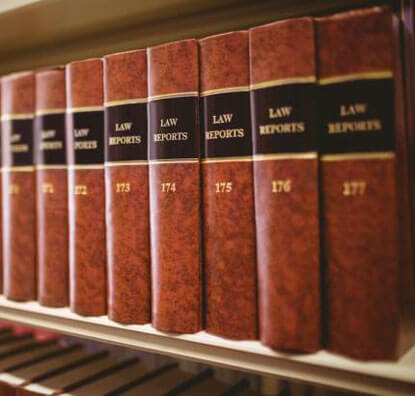The Supreme Court cannot escape its reputation for having a clerkship program that favors graduates from elite law schools. A recent study has found that 45 percent of all clerks serving from 1980-2020 were from either Harvard or Yale Law School, and when Stanford, Columbia, and Chicago are included, the number jumps to two-thirds. Even among graduates of Harvard Law with honors, those who had attended one of the 22 selective undergraduate institutions were more likely to be chosen for a clerkship than their counterparts from less prestigious schools. This indicates that even when law school studies are equal, the Supreme Court precedes students from elite educational backgrounds.
The study also found that a disproportionate number of Supreme Court clerks come from a select number of lower court judges. The top 1 percent (3 judges) comprised 7 percent of the clerks’ previous clerkships. In comparison, the top 10 percent (33 judges) formed 54 percent, the top quarter (83 judges) represented three-quarters of all clerkships, and the top half (166) constituted 89 percent of all clerkships. This suggests that the vetting process is often concentrated on a few individuals likely to be elite and non-diverse, thus further exacerbating the privilege already seen in the Supreme Court’s clerkship program.
Unfortunately, it doesn’t look like much will be done to address this problem soon. This means that the justices will continue to be unable to hire from outside of a few select schools, leading to a more homogeneous and privileged population. This is especially worrying since it could also mean that pushing these elite schools towards greater white and male representation would carry over into Supreme Court clerkship decisions.
It’s clear that while academic excellence is still valued, those from privileged backgrounds still have a better chance of being offered a clerkship. Unless the Supreme Court is willing to take steps towards expanding the range of schools and judges it considers for its clerkship program, these disparities will only continue to widen. The upcoming affirmative action opinion should be taken as an opportunity for the Supreme Court to prove that it is committed to making its clerkship program more inclusive and less focused on pedigree privilege.
If the justices successfully tackle this issue, it could go a long way toward reducing inequality in the US legal system. That would be a massive win for everyone involved. It’s time for the Supreme Court to step up and prove that it is committed to making its clerkship program more equitable. Only then will the justices be able to hire from a diverse pool of applicants and ensure that their rulings reflect all kinds of people. The eyes of the nation are on them now more than ever.











































